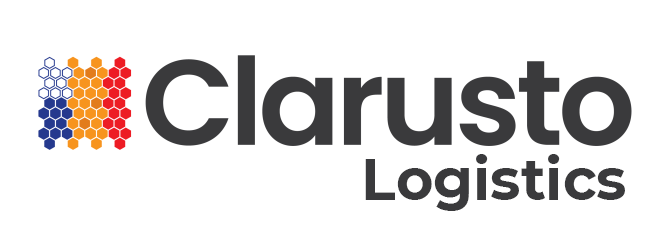
Discover how machine learning enhances cargo tracking, optimizing logistics with smarter, real-time solutions for faster and cost-effective delivery.
Introduction
In today’s fast-paced logistics and supply chain landscape, machine learning is a game-changer for cargo tracking systems. With its ability to process massive amounts of data, predict outcomes, and optimize operations, machine learning (ML) is transforming how goods are tracked, managed, and delivered. This innovation leads to improved efficiency, reduced costs, and more accurate delivery schedules, helping businesses stay competitive in a constantly evolving market
The Evolution of Cargo Tracking Systems
Before the rise of machine learning in cargo tracking, shipment tracking was manual, relying on paperwork, phone calls, and outdated systems. With advancements like GPS and RFID, tracking improved but still had gaps in predicting disruptions and optimizing operations. That’s where machine learning steps in. This technology, a branch of artificial intelligence (AI), learns from data patterns and continuously enhances its predictions, delivering significant improvements in cargo tracking.
1. Predictive Analytics to Avoid Delays
Delays are a constant challenge in logistics, often caused by weather, traffic, or unforeseen events. Traditional systems react to these issues, but machine learning predicts them. By analyzing historical data and real-time conditions, machine learning can forecast potential disruptions, allowing companies to adjust routes or schedules before issues arise. This machine learning-powered predictive analytics ensures that shipments reach their destination more reliably, reducing costs and improving customer satisfaction.
2. Route Optimization for Efficiency
Optimizing delivery routes is crucial for saving time and reducing fuel consumption. Machine learning evaluates factors like traffic, weather, and fuel costs to suggest the best delivery paths. Real-time updates enable systems to adjust routes automatically if conditions change, ensuring minimal delay. This reduces operational costs and supports greener logistics by lowering emissions, making machine learning in cargo tracking systems a key to sustainability.
3. Fleet Management Enhancement
Managing a fleet of vehicles requires close monitoring of maintenance schedules, fuel consumption, and vehicle performance. Machine learning takes fleet management to the next level by predicting when vehicles need maintenance, preventing breakdowns, and reducing downtime. This predictive approach helps ensure shipments are delivered on time and fleet operations remain efficient.
4. Real-Time Monitoring for Better Decision-Making
Machine learning processes vast amounts of data in real-time, offering logistics companies critical insights for better decision-making. For instance, sensors in shipping containers monitor conditions like temperature and humidity, and machine learning algorithms alert teams to potential issues, such as perishable goods being at risk. These real-time alerts help prevent spoilage or damage, ensuring goods are delivered in optimal condition.
5. Fraud Detection and Risk Management
Cargo theft and tampering are significant risks in logistics. Machine learning can detect anomalies in shipment data, identifying potential fraud before it happens. For example, if a container strays off its planned route or if unauthorized access is detected, machine learning flags the situation for investigation. Integrating machine learning with blockchain can further secure shipments by providing a transparent, tamper-proof record of every stage of the process.
The Future of Cargo Tracking with Machine Learning
The future of machine learning in cargo tracking promises more advanced predictive models, enhanced real-time capabilities, and deeper integration with technologies like IoT and blockchain. For logistics companies, adopting machine learning is essential to stay competitive, streamline operations, and offer superior customer experiences.
Key Benefits of Machine Learning in Cargo Tracking:
- Increased accuracy: Predictive analytics improves delivery estimates.
- Cost savings: Optimized routes and predictive maintenance reduce operational costs.
- Enhanced security: Machine learning detects fraud and anomalies, securing shipments.
- Better customer satisfaction: Accurate predictions and real-time updates improve service reliability.
Conclusion
Machine learning in cargo tracking is revolutionizing logistics by offering solutions to long-standing challenges. From predictive analytics and real-time monitoring to enhanced route optimization and fraud detection, ML is reshaping how goods move across the globe. As businesses continue to adopt this technology, the benefits will only increase, driving more efficient and reliable supply chain systems.

